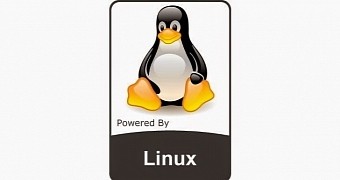Released earlier this month, the Linux 5.2 kernel series is now ready for mass deployments as the first point releases are out, marking the branch as stable on the kernel.org website.
Linux kernel 5.2 is a major release adding several exciting new features and improvements, including an open-source firmware to support DSP audio devices, new open-source GPU drivers for ARM Mali devices, a new file system mount API, support for case-insensitive names in the EXT4 file system, as well as better resource monitoring for Android.
It also brings performance improvements to the BFQ I/O scheduler, a new device mapper "dust" target designed to simulate devices with failing sectors and read failures, a freezer controller for cgroups v2 for freeing up resources, and a CLONE_PIDFD flag to clone(2) for fetching PIDs when creating processes usable by pidfd_send_signal(2).
Also new in Linux kernel 5.2 there's a new CPU bug infrastructure that better protects your computers against the recently disclosed Intel MDS (Microarchitectural Data Sampling) hardware vulnerabilities, as well as a new architecture-independent boot option called "mitigations=", which lets users enable or disable mitigations for CPU flaws more easily.
Linux kernel 5.2 is now ready for mass adoption
But, like all new major Linux kernel series, Linux 5.2 was marked as "mainline" on the kernel.org website until the first point release, Linux kernel 5.2.1, arrived, which means that Linux kernel 5.2 is now ready for mass deployments and all Linux operating system vendors are encouraged to upgrade to the Linux 5.2 kernel as soon as possible.
The latest version at the moment of writing is Linux kernel 5.2.2, a maintenance update that changes only 30 files, with 341 insertions and 152 deletions. You can download Linux kernel 5.2.2 right now from kernel.org or through our free software portal if you want to compile it yourself, but we recommend installing it from the stable repositories of your favorite distro.

 14 DAY TRIAL //
14 DAY TRIAL //